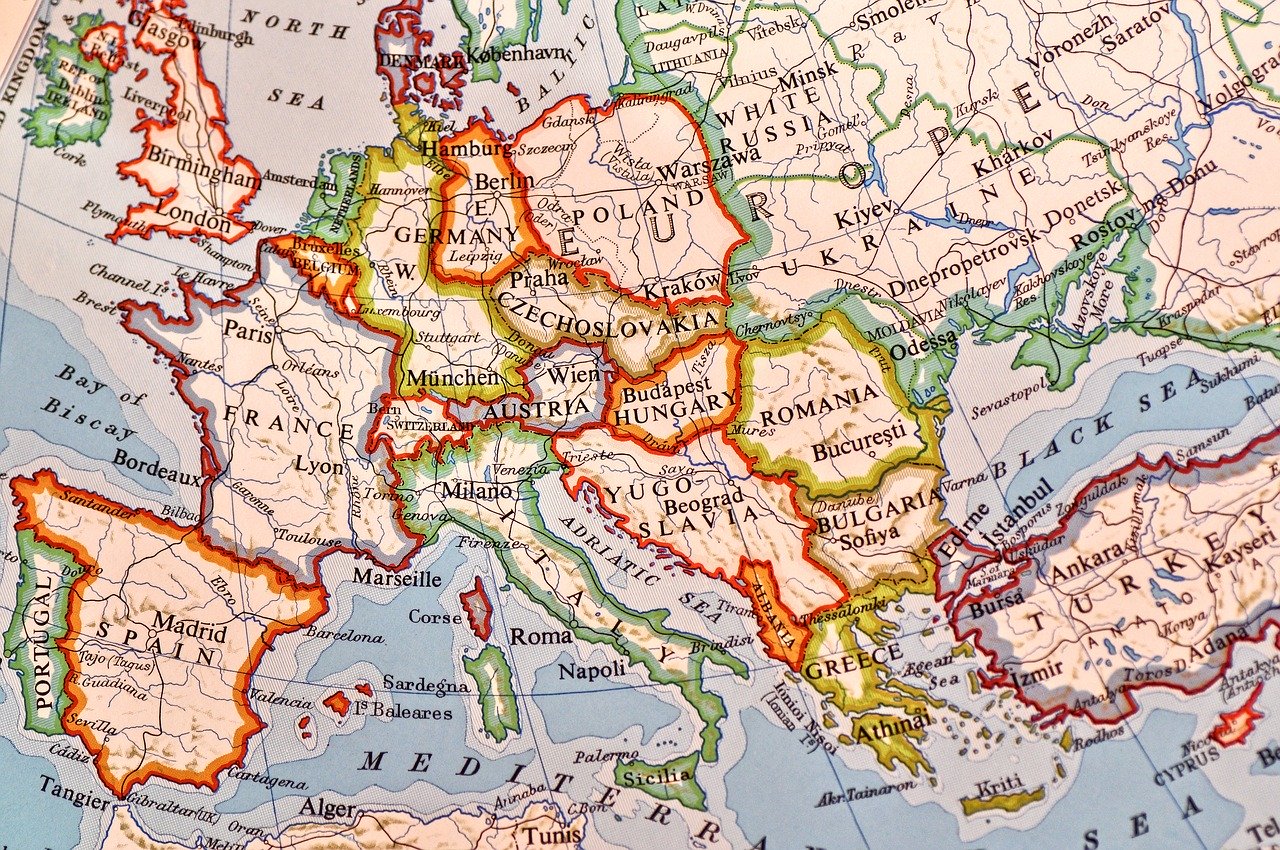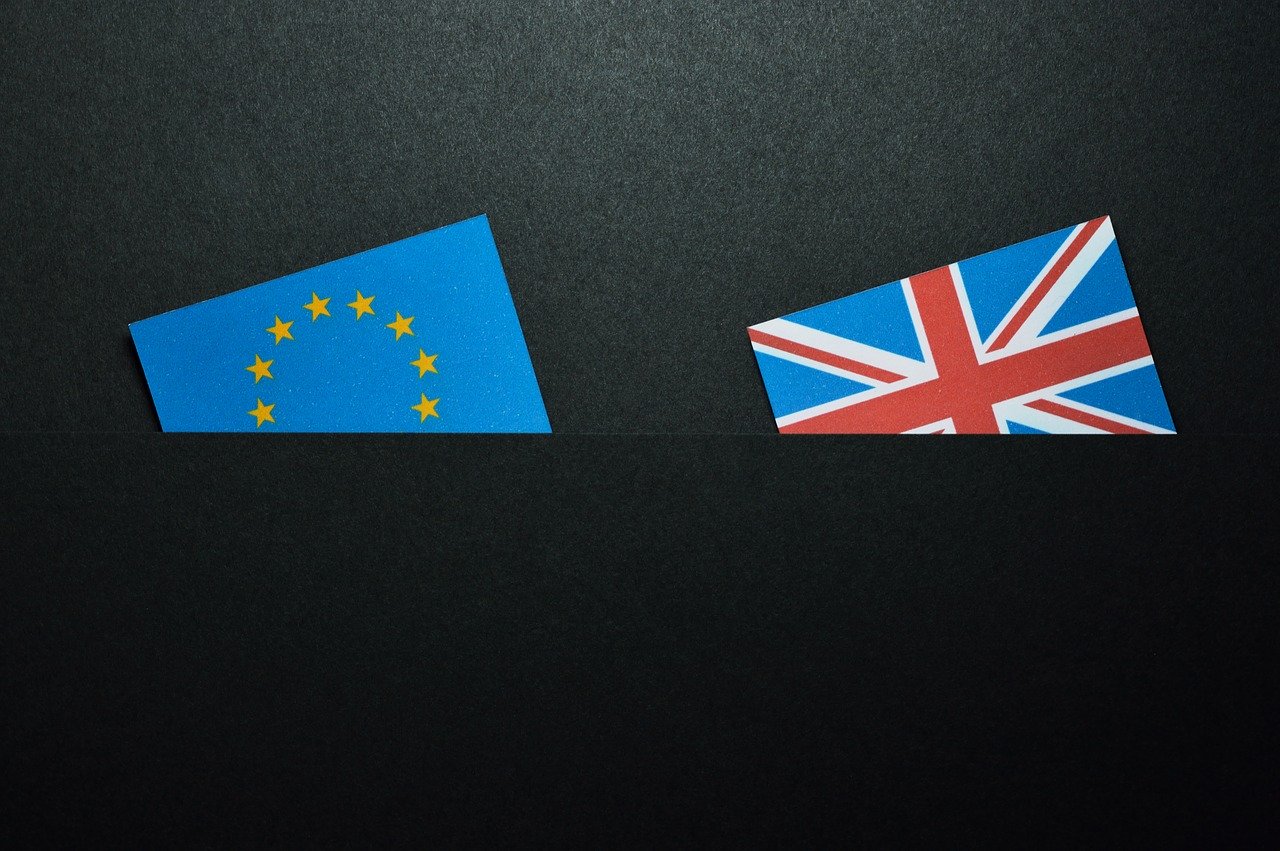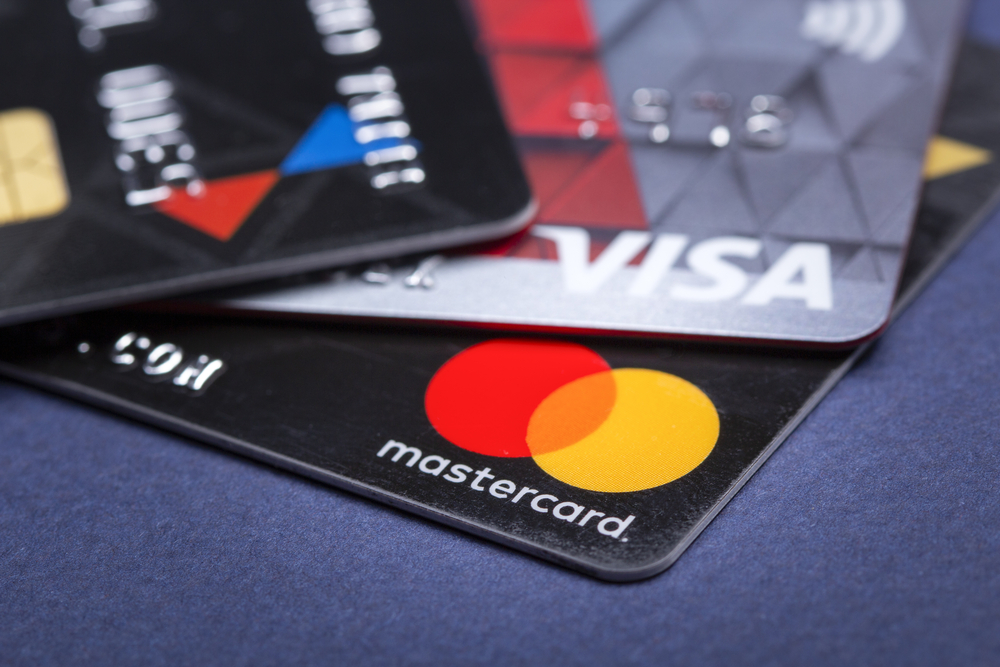
Wondering Why Your EU Merchant Account Application Got Rejected? It’s Complicated?
Mar 12, 2020 6-Minute
For some online business owners, a merchant account in Europe is the path to e-commerce greatness! Many want to take their products and services global instead of focusing on the US market alone. So, they do a little research and apply to a payment provider overseas. Unfortunately, these same merchants panic. That rejection email dashes their hopes of getting an EU merchant account. There goes the possibility of expanding their business. And they cancel plans to grow revenue in the European market.
We constantly get numerous inquiries from non-EU high-risk merchants who freak out about how hard it is for them to get a merchant account in Europe. They’ve tried everything. Paid for legal services. Registered a business remotely. Sent multiple applications out. What more can they possibly do?
Want to know what it really takes to succeed, and why you might not if you try to do it solo? Keep reading.
The hard truth about why your EU merchant account applications get denied
The benefits of a European merchant account are pretty enticing. That’s why so many businesses try to get international processing. Particularly to tap into the lucrative EU market. Even merchants in high-risk categories need international merchant accounts to help expand sales.
Most assume it’s an easy process, because they heard a payment processing agent say it is. All you need to do is submit the application. If you already have a business, you’re fine. It’s a simple 1-2-3 process.
But, it wasn’t, and it isn’t. Business owners then get declined for one or more reasons. This is especially true for entrepreneurs in the high-risk space.
These reasons often include:
- Lack of adequate know-your-customer or company information supplied to process the application
- Failure to register the business in a European jurisdiction
- Failure to open a bank account within the European Economic Area (EEA)
- Not enough financial resources to support the account
- Filling out the paperwork incorrectly
- Past experiences with merchant accounts (think MATCH-list)
Now, it gets even more complicated when a merchant operates a CBD or nutraceutical business and then applies for an EU merchant account.
The EU – connected but not the same
The European Union (EU) is a 27-member political and economic union of countries in Europe. The EU is not to be confused with the European Economic Area (EEA). The EEA is an international agreement between EU members as well as other European countries. Their goal is to participate in the EU’s single market. Not all countries in Europe are in the EU or a part of the EEA.
Therefore, this makes understanding the rules and regulations of the EU, the EEA, and individual member states a bit more difficult to process. Specifically, when applying for an EU merchant account. While there are general laws and guidelines governing the EU, each country also has its regulations.

Brexit has complicated matters
The UK was once a strong member of the EU. Albeit, it was so without accepting some of the EU’s requirements such as freedom of movement for all member states or one visa application to access all member states (Schengen). The UK has now opted to exit the European Union altogether. Effective January 31, 2020, the UK entered an 11-month transition period to leave the EU. This means that regulations governing economic activity in the UK may be further differentiated from the EU’s. Nothing is concrete as of yet regarding merchant accounts for UK companies within the EEA. For now, it is still possible for UK merchants to get a merchant account within the EEA without an issue.
EU merchant accounts – it’s complicated
Not every merchant in Europe can apply for merchant processing in any country of their choice. The same goes for US or Canadian merchants looking to expand operations to Europe. For example, there are sanctions, and past and current legal trials surrounding money-laundering that impact certain banks (e.g., the Deutsche’s Russian scandal). Given these and other issues in the banking sector, the EU has started putting in place stricter anti-money laundering regulations. This will undoubtedly impact regular businesses applying for a merchant account.
As a result, some acquiring banks in the UK and the EU may not be able to support the issuing of merchant accounts. The location or citizenship of a director may limit the types of business models a bank can work with.
Further, many mergers and acquisitions are happening in the EU banking sector. In turn, financial institutions that once accepted non-resident EU merchants may no longer support this.
Get the Facts
Now comes the more difficult part. Prevent declined applications. Ensure you cover all areas of your business. Start researching local member-state and EU regulations that govern your industry.
For example, if you operate in the CBD industry selling CBD-based products online, expansion might be in your future. The global cannabis market is expected to top 43 billion dollars by 2024. Europe has a booming cannabidiol food and supplements market. But it’s heavily regulated.
Buds, seeds, and flowers may be fine for physical sale in a European country. But online CBD products face greater scrutiny and requirements for approval. Also, since this is a high-risk category, you’ll need to show you are already making a decent amount of money. So, if you apply for payment processing make sure you have at least €20 000 for three consecutive months in sales. This kind of monthly revenue will improve your chances.
Tough regulations stem from the classification of most CBD items in the “Novel Food” category by the European Food Safety Authority (EFSA). This is influenced by the proliferation of high-dose and adulterated sources for CBD. And, the EU hopes to protect its citizens from this. So, you have a daunting task of learning all the regulations that can impact your CBD business in Europe. (Or, you can work with a merchant processing partner who already understands them.)
It’s not just CBD, supplements are heavily regulated too
Another example of a difficult business area to penetrate in Europe is health supplements. Unlike the US and Canada, nutraceuticals face different regulations in the EU. Individual member states have different rules. As this article highlights, there are various EU regulations depending on the type of food supplements you’re selling. But there are also the member state rules which may be even more stringent than the EU’s basic requirements. For example, federal regulations in the USA, which are adapted based on each state’s legislation, but on a more complex scale.
This makes selling more complex products for oral consumption trickier. Although, the enticing part is the cheaper cost of traffic that can help increase your revenue. For example, what if you are a nutraceutical merchant who wants to set up in Italy? You must consider the ingredients going into supplement products, because not all EU-country rules on food supplements are alike.
If you’ve already done the research phase and you’re looking for an expert in high-risk merchant accounts to help you through the application process, then click here to start a one-on-one discussion.
Start with the basics
So, the first step was identifying the rules and regulations that can impact your industry. This also helps you to shortlist the country(s) that would make more sense for registration (based on a combination of EU and individual member state rules). Now, it’s time to move on to the basics.
The basics include:
- Identifying a local director to be the authorized signer of your company when it’s registered in Europe
- Setting up a registered business in the EU (or specific European countries if they are not a part of the EU) based on your research
- Opening a bank account in the relevant jurisdiction
- Ensuring you have all the relevant documentation, financial statements, and online security measures in place to support your application
Additional security support:
An area of scrutiny for high-risk merchants is fraud and chargebacks. So, in addition to the business set-up requirements, you also need to have security arrangements in place for your online payment processing. Basic features like site-wide encryption is a must.
To prevent fraud, an authentication tool like 3D-secure protocol may be required. That’s because high chargeback ratios are significant issues for high-risk merchants. So, consider having tools in place like Ethoca before you submit your application. Ethoca is designed to help eliminate chargebacks, recover lost revenues, and reduce card-not-present CNP fraud. This is a best practice even if you already have a domestic merchant account.
Set yourself up for success
Even with all the information at hand, applying for an EU merchant account can have its complications. Ensure you’re on the road to success. Make sure you have a merchant service provider guiding you along on these types of applications. You want to look for a company that specifically serves high-risk businesses.
Do you fit this profile and are looking to expand your reach to the EU or the EEA? Are you unfamiliar with the complex and diverse economic area that is the EU? Do you want to be in the best position for payment processing in Europe?
No two offshore merchant accounts are alike. Some may or may not be suited for the type of products you sell. Don’t waste time trying out different merchant accounts or applying without any hope of success. Applying to the same acquirer through multiple agents is also a big no-no and can ruin your efforts.




